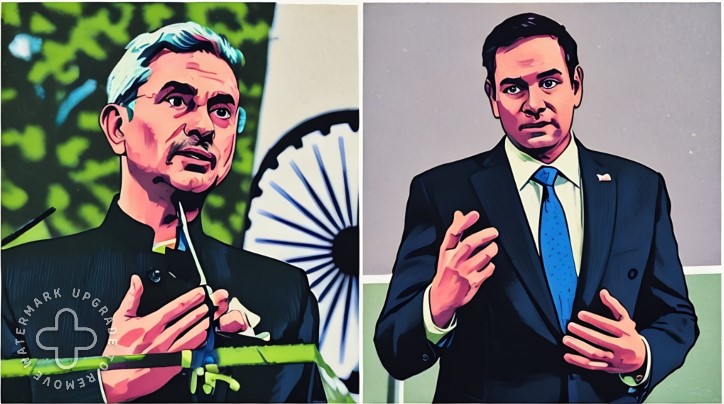Pahalgam Terror Attack: A Deep Dive Into The Fallout, Tensions, and Global Reactions
Have you ever heard about something so shocking, so gut-wrenching, that you just had to stop and ask yourself: “How did we even get here?” 🤔
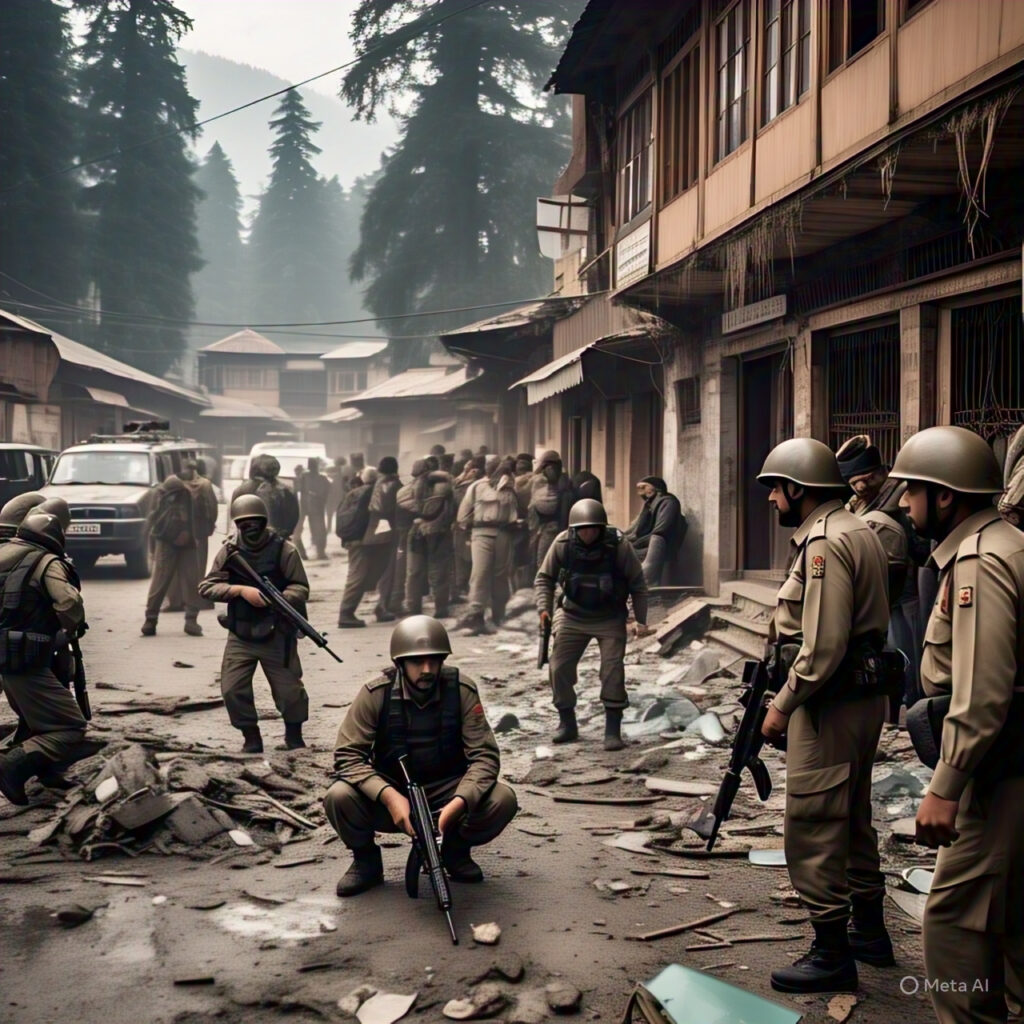
That’s exactly what millions of Indians felt on April 22, 2025, when 26 innocent civilians lost their lives in a brutal terrorist attack in the serene town of Pahalgam, Jammu and Kashmir.
Is this something you want to search the entire internet for, analyze it, and separate it from everyone else? If yes, you’re in the right place.
After analyzing everything across the internet and gathering real-world insights, the Bhussan.com team shares this friendly, helpful article to walk you through what happened, why it matters, and what the world is doing about it.
What Happened in Pahalgam?
The picturesque valleys of Pahalgam turned into a scene of horror when heavily armed terrorists opened fire on civilians, resulting in 26 deaths and dozens more injured. This wasn’t just an isolated act of violence. It sent shockwaves across India and triggered a chain reaction globally.
Quick Facts:
-
⚡ Date: April 22, 2025
-
🌐 Location: Pahalgam, Anantnag District, J&K
-
☠️ Casualties: 26 dead, 40+ injured
-
⚡ Suspected Perpetrators: Pakistan-based terror group Lashkar-e-Taiba (as per Indian intelligence)
This horrific Pahalgam Terror Attack has not only enraged Indian citizens but has also placed immense diplomatic pressure on New Delhi and Islamabad.
US urges India-Pakistan restraint after Pahalgam attack, Marco Rubio calls Pak PM, this taken from India Today
For more context on terrorism in Jammu & Kashmir, refer to the South Asia Terrorism Portal
For related internal content, read our article on India’s Counter-Terror Operations in Kashmir.
The Global Reaction: US Steps In🌍
Within hours, the U.S. State Department condemned the Pahalgam Terror Attack. But what really turned heads was U.S. Secretary of State Marco Rubio’s direct call with India’s S. Jaishankar and Pakistan’s Shehbaz Sharif.
Rubio didn’t mince words. He called it an “unconscionable act of terrorism” and emphasized the need for accountability.
Key Takeaways:
-
📢 The U.S. urged both India and Pakistan to de-escalate
-
🕵️ Rubio reaffirmed support for India’s anti-terror stance
-
🌐 U.S. updated its travel advisory for J&K to Level 4 (Do Not Travel)
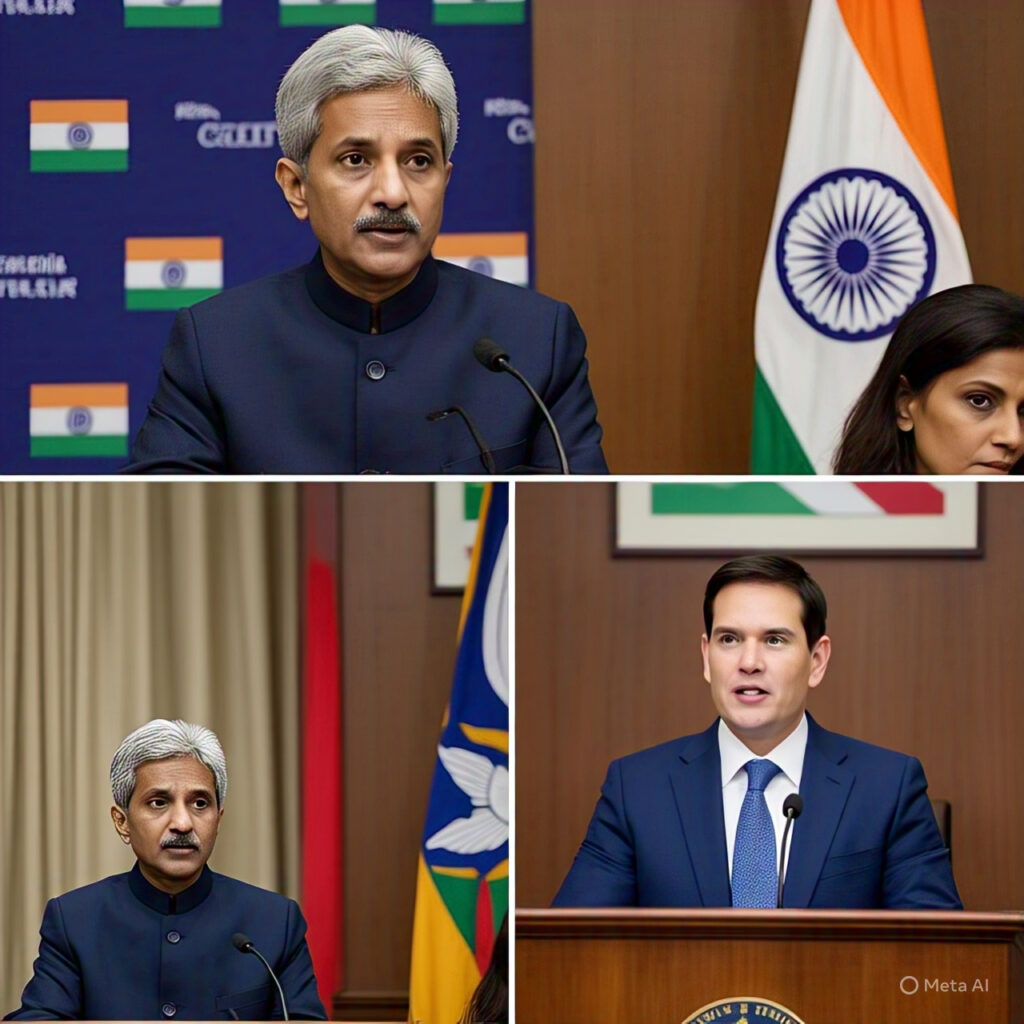
You can read the official statement at U.S. State Department – India Relations
🇮🇳 India Reacts: “Freedom to Strike Back”
Prime Minister Narendra Modi wasted no time. He authorized the Indian Armed Forces to take whatever action they deem necessary. This declaration alone hinted at the possibility of military retaliation.
India’s Measures:
-
❌ Suspended Indus Waters Treaty
-
✈️ Closed airspace to Pakistani flights
-
🔫 Increased military presence in J&K
-
⚠ Intelligence reports suggest further strikes are being planned
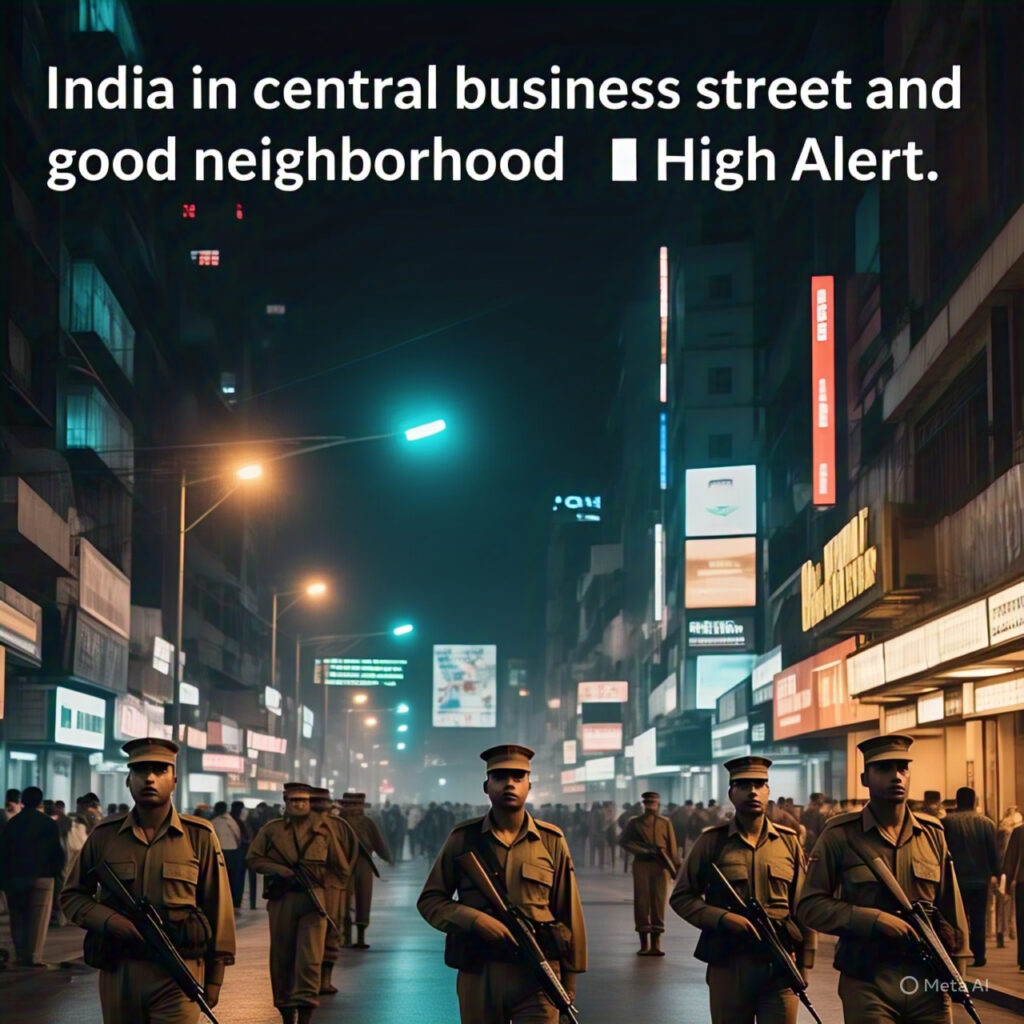
External Affairs Minister S. Jaishankar also took the issue to the international stage, demanding that the “perpetrators, backers, and planners be brought to justice.”
🇵🇰 Pakistan’s Counter-Position
Predictably, Pakistan has denied any involvement in the attack. Prime Minister Shehbaz Sharif expressed regret over the violence but warned of an “imminent Indian military strike” within 24-36 hours, citing intelligence from internal sources.
Pakistan’s Moves:
-
✈ PIA flights to Gilgit, Skardu suspended
-
🚨 Military on high alert in PoK
-
👎 Requested UN intervention
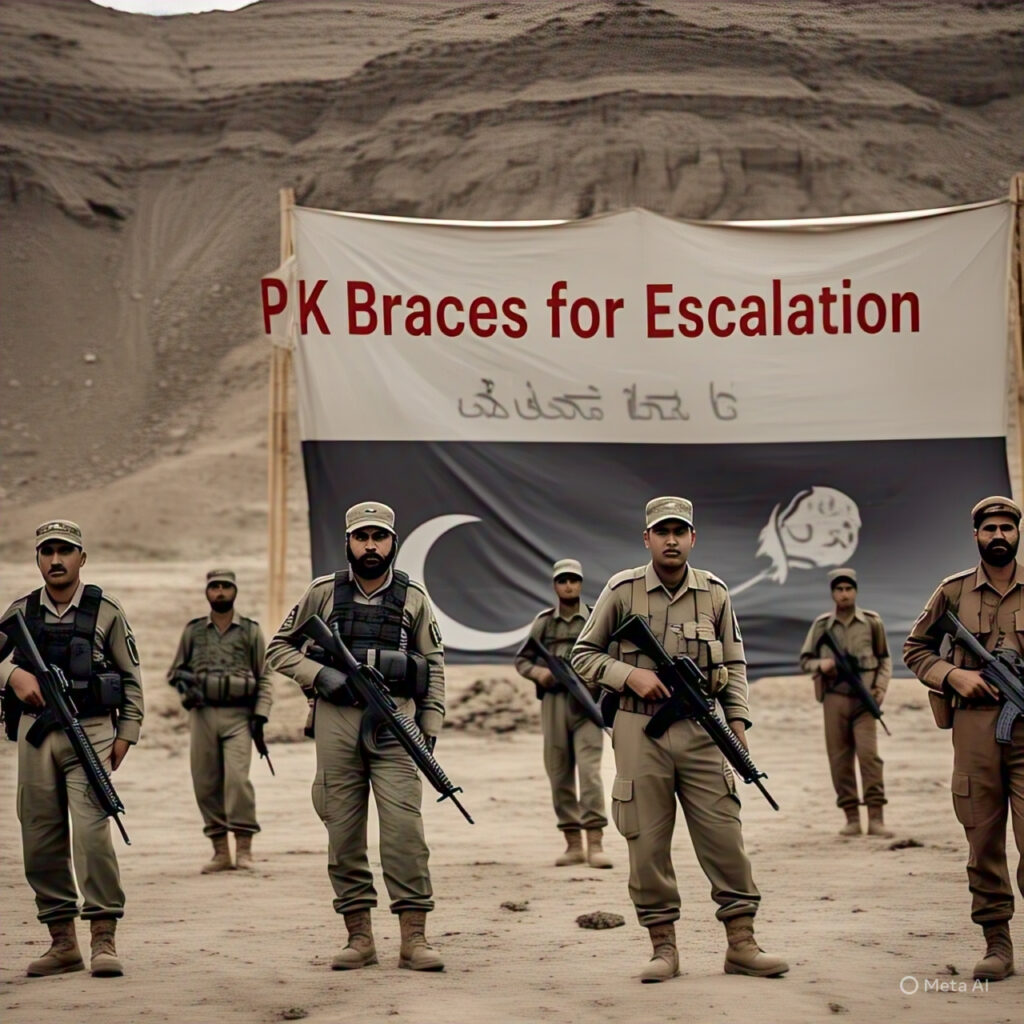
This tit-for-tat narrative only fuels more tension, while global powers scramble to keep the region from going up in flames.
Learn more at Dawn News Pakistan
🌐 How the World is Reacting
The United Nations, EU, China, and Middle Eastern powers like UAE and Saudi Arabia have all called for calm and restraint.
Diplomatic Statements:
-
✉ UN: “Exercise maximum restraint”
-
🇮🇳 India: “Our patience is not weakness.”
-
🇵🇰 Pakistan: “We will retaliate if attacked.”
Clearly, the world is watching the fallout from the Pahalgam Terror Attack. But the real question is: Will diplomacy triumph over hostility?
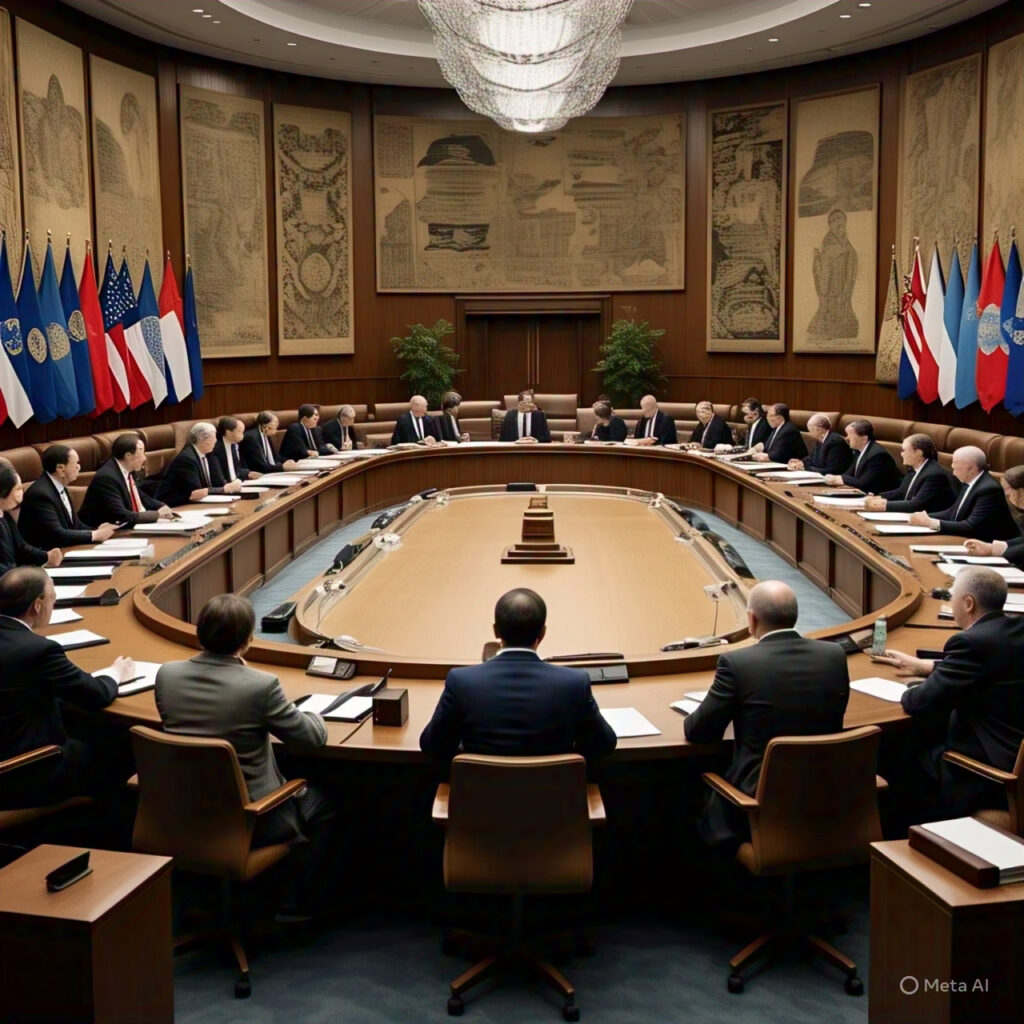
Refer to the United Nations News for official resolutions and briefings.
Pros & Cons of India’s Strong Response
| Pros ✅ | Cons ❌ |
|---|---|
| Shows India won’t tolerate terrorism | May escalate into full-blown war |
| Wins domestic and international support | Hurts India-Pakistan diplomatic ties |
| Deters future attacks | Risk to civilian life and regional stability |
FAQ Section (30+ Questions & Answers)❓
1. What happened in the Pahalgam terror attack?
Terrorists opened fire on civilians in Pahalgam, Jammu and Kashmir, killing 26 and injuring over 40.
2. Who is responsible for the Pahalgam attack?
Indian intelligence suspects the Pakistan-based group Lashkar-e-Taiba.
3. What was the global reaction to the attack?
Countries including the U.S., UAE, and the UN condemned the attack and called for de-escalation.
4. What did the U.S. say about the attack?
U.S. Secretary of State Marco Rubio condemned the attack and urged both nations to de-escalate.
5. Did India retaliate?
As of now, India has not conducted a military strike but has taken strong diplomatic and strategic steps.
6. What is the Indus Waters Treaty and why did India suspend it?
It’s a water-sharing agreement with Pakistan. India suspended it as part of diplomatic retaliation.
7. Is war between India and Pakistan likely?
While tensions are high, the international community is working hard to avoid escalation.
8. Has Pakistan admitted any role?
No, Pakistan denies involvement and has requested an international investigation.
9. What is the travel advisory for J&K?
The U.S. issued a Level 4 advisory: Do Not Travel.
10. What did Jaishankar discuss with the US?
He discussed accountability for the attackers and Pakistan’s alleged involvement.
Conclusion: A Region on Edge
As India mourns the loss of innocent lives in the Pahalgam Terror Attack, it’s also standing at a critical crossroads. With military forces on high alert and diplomacy in overdrive, the next few days could shape South Asia’s geopolitical climate for years.
💬 Whether you support strong retaliation or believe in diplomatic solutions, one thing’s clear: The need for peace, justice, and global cooperation has never been more urgent.
🙏 Stay updated. Stay aware. Let’s all hope for peace.

